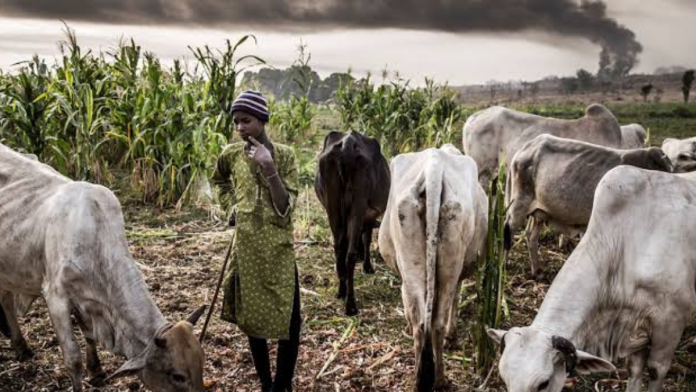On April 1, 2025, a post on X by user @rusticfunmi ignited a firestorm of reactions: “#FulaniMustGo will be worse than EndSars. It’s only a matter of time.” This statement, viewed in the context of Nigeria’s complex socio-political landscape, reflects a growing trend of ethnic animosity that threatens to plunge the country into another wave of violence, potentially surpassing the scale of the 2020 #EndSARS protests. The hashtag #FulaniMustGo encapsulates years of frustration over the escalating farmer-herder conflicts, government inaction, and deep-seated ethnic divisions. This article explores the origins of this trend, the issues it raises, and the potential consequences for Nigeria’s fragile unity.
The #FulaniMustGo hashtag is not a spontaneous outburst but the culmination of decades of tension between Fulani herders and farming communities across Nigeria. The Fulani, a predominantly Muslim ethnic group, are one of Nigeria’s largest ethnicities, numbering around 20 million. Traditionally nomadic, they have long relied on cattle herding, moving across the Sahel region in search of grazing land. However, rapid population growth, climate change, and land-use changes have intensified competition for resources, particularly in Nigeria’s Middle Belt and southern regions.
